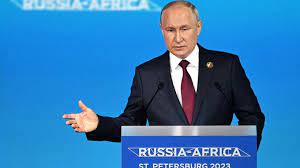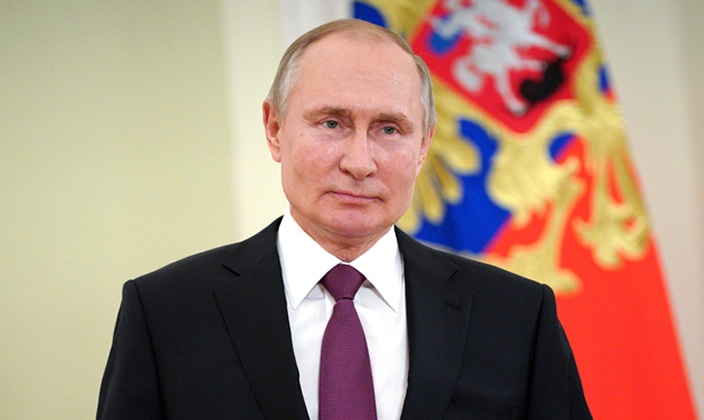At the Russia-Africa Summit and Russia-Africa Economic and Humanitarian Forum, Russian President Vladimir Putin revealed that Russian companies are actively engaged in 30 new power projects across Africa, including Nigeria, and 15 other African countries. These projects hold the potential to generate approximately 3.7 gigawatts (GW) of electricity, signaling a significant commitment to supporting Africa’s energy needs and driving economic growth on the continent.
President Putin highlighted the involvement of Russian companies such as RusHydro, Gazprom, Rosneft, Lukoil, and Zarubezhneft in the development of energy infrastructure, including oil and gas fields and power generation facilities. Notably, Russia’s energy exports to Africa, including crude oil, petroleum products, and liquefied natural gas, have experienced a substantial 2.6-fold increase over the past two years, indicating Russia’s growing influence in the African energy sector.
The centerpiece of Russia’s nuclear expertise in Africa is the El Dabaa Nuclear Power Plant in Egypt, being built by the state corporation Rosatom. President Putin expressed the corporation’s willingness to share its vast nuclear knowledge and advanced technologies for non-energy peaceful applications, such as healthcare and agriculture, with African countries, thus presenting opportunities for further collaboration and growth in various sectors.
President Putin also lauded the existing track record of Russian companies in executing power projects with a total capacity of 4.6 GW, representing 25% of Africa’s hydropower capacity. This expertise forms the foundation for ongoing partnerships with African states and companies to enhance the power sector and bolster electricity generation, addressing the continent’s increasing energy demands.
In addition to the focus on energy cooperation, President Putin emphasized the importance of deeper collaboration in manufacturing. Russia is known in Africa for its industrial goods, including automobiles, construction equipment, and a wide array of products. This recognition underscores the potential for greater trade and economic partnerships between Russia and African nations.
The summit’s high-level gathering is marked by the participation of over 20 African leaders, signifying the growing significance of Russia-Africa relations and the shared commitment to fostering mutually beneficial cooperation.
Furthermore, President Putin pledged to supply free grains to certain African countries, highlighting Russia’s potential to replace Ukraine in the global food supply chain and provide much-needed support in the face of global food security challenges.
The Russia-Africa Summit and Forum present a platform for African and Russian leaders to explore avenues for collaboration, bolster economic ties, and build a robust foundation for sustainable development and progress on the African continent. The comprehensive discussions at the summit reaffirm Russia’s dedication to supporting Africa’s growth and prosperity across diverse sectors, including energy, manufacturing, and agriculture.









